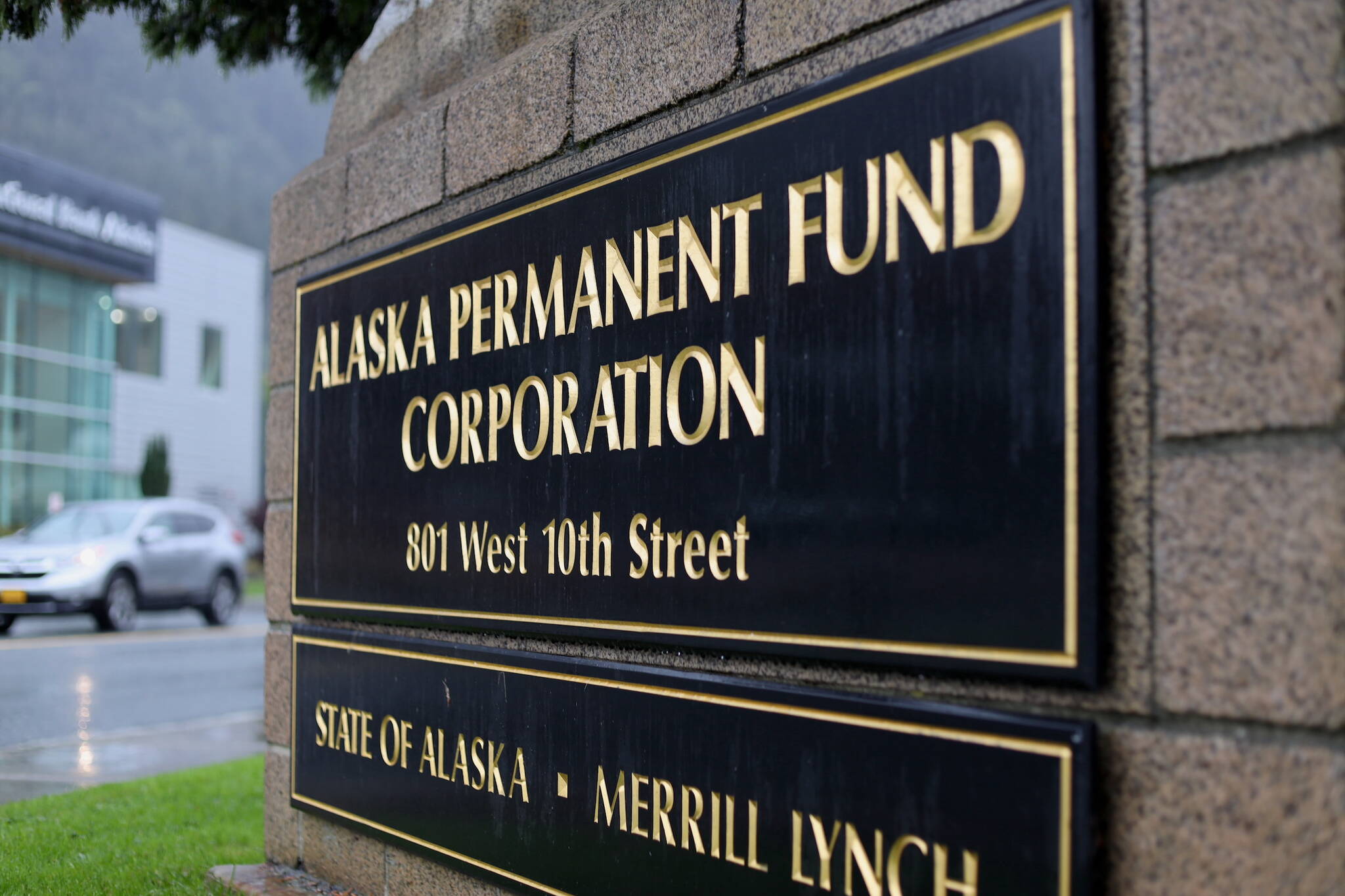No matter what any crowd-pleasing elected official says, Alaska cannot afford a long-deserved increase in state funding for schools and a large Alaska Permanent Fund dividend. There just isn’t enough money in the state checkbook to do both this year — not unless Alaskans want to start paying an income tax or a state sales tax, which are both even less popular than a middle seat in the last row of a six-hour flight.
More than 90% of the spendable dollars in the state budget comes from two sources: An annual draw on permanent fund investment earnings, and oil taxes and royalties. The permanent fund withdrawal is limited by law to protect the savings account for future generations. Oil revenues, however, fluctuate with price, production and profitability, much like most taxes.
Add those up for next year’s budget — which legislators and the governor will put together over the next few months — and there’s enough to cover essential services but not much else.
Most legislators believe more state money for local school districts should be on the list of essential services.
The House majority has started work on legislation to spend an additional $300 million on schools next year, more than a 25% boost in state funding. That may sound like a lot but the state funding formula has inched up only 2% over the past decade, while inflation has totaled almost 32%. It doesn’t take a math teacher to sum it up and see that schools — students — have been shorted.
Even if school supporters are able to win passage of a funding increase in the Alaska House and Senate, they will need to avoid or override a veto by Gov. Mike Dunleavy, who so far has declined to commit to supporting an increase unless he gets more love for his favorite education issues of homeschooling and charter schools.
That’s politics, but it’s the numbers that are the big fiscal problem. The state already is in a deficit for this year’s budget and will need to dig into savings to cover the hole. Legislative leaders really truly positively want to craft a budget this year that does not rely on wishful thinking about fluctuating oil revenues or drawing on precarious savings to fill another gap.
Last year’s budget paid out a $1,702 permanent fund dividend to Alaskans. This year’s spending plan can afford an increase in state funding for schools and maybe a dividend or around $1,000 to $1,200.
Alaskans need to decide what is more essential: Adequate school funding or a bigger PFD in the fall.
This editorial was originally published by the Wrangell Sentinel.

